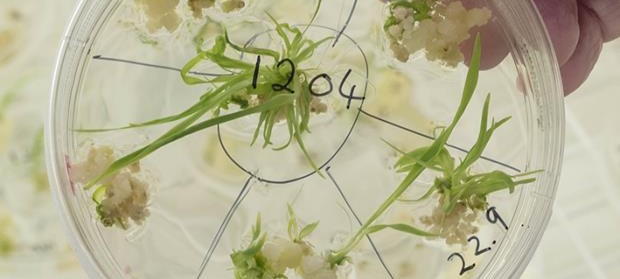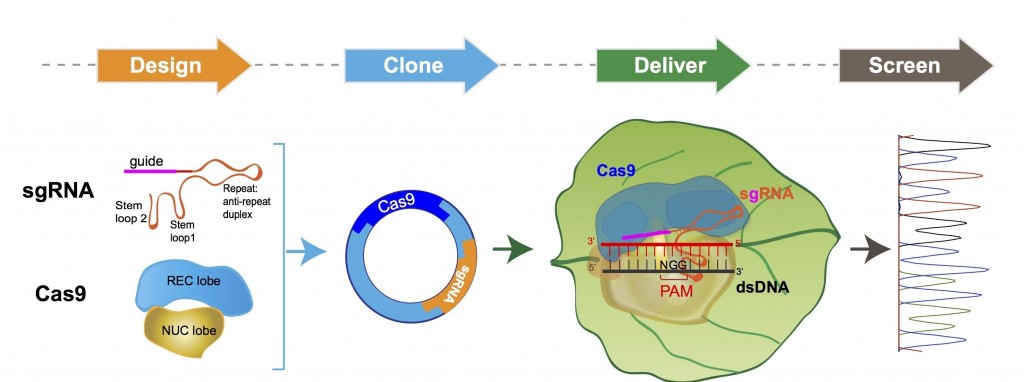The CRISPR/Cas9 gene-editing tool is allowing rapid scientific advances in many fields, including human health. Now it has been shown that crop research can also benefit the fight for improved Food Security.
 Research at the John Innes Centre and the Sainsbury Lab (UK) have successfully edited crops so that future generations of these veggies have all the benefits of gene editing, but without the associated transgenes. This technically means these crops are not considered Genetically modified….which is a massive deal when considering the Food biosafety laws and GMO contraversy spanning the EU…
Research at the John Innes Centre and the Sainsbury Lab (UK) have successfully edited crops so that future generations of these veggies have all the benefits of gene editing, but without the associated transgenes. This technically means these crops are not considered Genetically modified….which is a massive deal when considering the Food biosafety laws and GMO contraversy spanning the EU…
This was done by segregating and removing the transgenes used during the editing process, so that the offspring of the test plants were indistinguishable in their genetic makeup from plants which have been bred traditionally.

Published in Genome Biology on Monday, the aim was to see whether using CRISPR would produce changes in targeted sections of DNA in both types of plant (monocots and dicots). It was also to determine whether future crop generations would include the edit, and whether and how often off-target edits occurred as part of the process.
In an interview with Biomed Central, the researchers explained how using an Agrobacterium-mediated transformation (known as the ‘natural plant engineer’ choice model) was the preferred delivery method, because it led to introduction of single copies of the genes in 50% of cases. Which is pretty darn high!

In barley the target gene (HvPM19) codes for a plasma membrane protein thought to be involved in the control of grain dormancy, which is particularly important in cereals because if germination occurs too early this results in pre-harvest sprouting that affects the quality.
On the other hand, in Brassica oleracea (the same species as Broccoli and Brussel sprouts), the target gene (GA4) affects plant architecture and the sprouting ability of the plant pod, as demonstrated in the plant model Arabidopsis too. Altering these transgenes (which only changed around 1-6 bases in the plant genome) therefore resulted in great improvements in crop viability and yield.
This project by researchers from both the John Innes Centre in Norwich and The Sainsbury Laboratory has been generously supported by the Gatsby Charitable Foundation, the Biotechnology and Biological Sciences Research Council (UK) and other research grant funding bodies in the EU.

Other projects into plant genome editing for food security have included growth of ‘Purple tomatoes’ at the JIC to produce the compound from red wine (resveratrol), and the genome sequencing project for domestic wheat (which amazingly still hasn’t been done!).
It is clear this kind of research is paramount to building better Food security, which the John Innes Centre and other like plant sciences centres in the UK are dedicated to improving.





